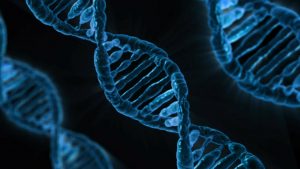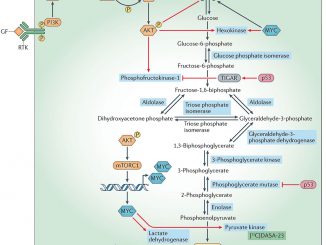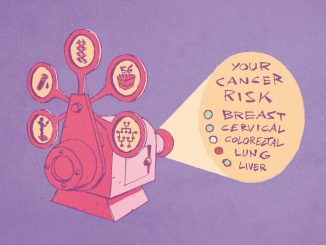The Pan Cancer Atlas – the largest survey conducted so far on the genetics of tumours, that has catalogued over 11 thousand tumours from 33 of the most prevalent forms of cancer – was made available online. The immense work has just been published in 27 different studies, in four scientific journals: Cell, Cancer Cell, Cell Reports and Immunity. The papers focus not only on cancer genome sequencing but also on different types of data analyses, such as investigating gene and protein expression profiles and associating them with clinical and imaging data.
“This analysis provides cancer researchers with unprecedented understanding of how, where, and why tumors arise in humans, enabling better informed clinical trials and future treatments” Francis Collins, Director of the National Institutes of Health (NIH), said in a statement.
 The findings show that some genomic alterations are shared across tumour types and therefore they suggest that cancer could be classified according to these alterations, rather than the tissue of origin. “Tumor location has been the primary method for determining treatment for a given cancer patient”, first author Katherine Hoadley from the University of North Carolina-Chapel Hill stated. “This study helps us get a better understanding of the relationship across and within different tumor types. If tumors are genetically diverse within an organ, we should rethink the way we treat them” she explained. “Insights about how one type of cancer relates to another form of the disease can have real clinical implications” continued Josh Stuart, Baskin Professor of Biomolecular Engineering at UC Santa Cruz and an organizer of the Pan-Cancer Initiative. “In some cases, we can borrow clinical practices from better-known diseases and apply them to cancers for which treatment options are less well defined”.
The findings show that some genomic alterations are shared across tumour types and therefore they suggest that cancer could be classified according to these alterations, rather than the tissue of origin. “Tumor location has been the primary method for determining treatment for a given cancer patient”, first author Katherine Hoadley from the University of North Carolina-Chapel Hill stated. “This study helps us get a better understanding of the relationship across and within different tumor types. If tumors are genetically diverse within an organ, we should rethink the way we treat them” she explained. “Insights about how one type of cancer relates to another form of the disease can have real clinical implications” continued Josh Stuart, Baskin Professor of Biomolecular Engineering at UC Santa Cruz and an organizer of the Pan-Cancer Initiative. “In some cases, we can borrow clinical practices from better-known diseases and apply them to cancers for which treatment options are less well defined”.
The PanCancer Atlas has undoubtedly a great scientific impact, but some experts expressed caution regarding its clinical translation: “The studies highlight genomic alterations in cancer tissue, but while it is tempting to believe that they are all important, sometimes giving a drug matched to the mutation does not benefit patients” stressed Fabrice André, Professor in the Department of Medical Oncology, Institut Gustave Roussy, Villejuif in France. André is currently devising a uniform ranking system which will help oncologists interpret data and explain the consequences to patients at ESMO, the European leading professional organisation for medical oncology. He thinks that genomic alterations should now be ranked according to whether or not they can be treated. “This will avoid confusion between actionable alterations and alterations that are not medically relevant and therefore won’t translate into a benefit for patients. The TCGA project has been a massive investment that has shed light on cancer genomics. It is now time to translate these research findings into medical advances, and to achieve this, similar investment is needed in clinical research”, André concluded.





